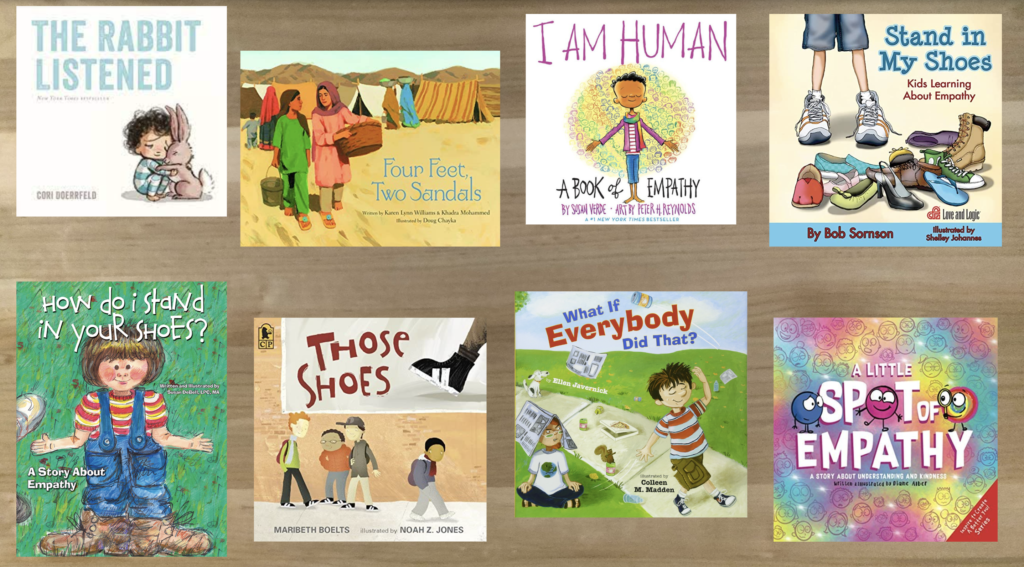As parents and teachers, it is our responsibility to nurture and teach our children about empathy. Empathy is a crucial skill that helps children understand and connect with others, leading to better relationships, improved social skills, and ultimately, a more compassionate society.
One of the benefits of teaching children about empathy is that it helps them develop perspective-taking skills. By encouraging children to try and see things from someone else’s point of view, they learn to consider other people’s feelings and needs. This can help reduce conflict and improve communication with their peers, family members, and others.
In addition to perspective-taking, teaching children about empathy also involves helping them recognize and share the emotions of others. When children are able to recognize and respond to the emotions of others, they are more likely to be compassionate and supportive. This can lead to stronger relationships and a greater sense of community.
There are many ways to teach children about empathy.
- Model empathy: Children learn through observation, so it’s important to model empathy in your own actions and words. When your child sees you showing empathy towards others, they will be more likely to do the same.
- Talk about emotions: Help your child understand their own emotions and the emotions of others by talking about them. You can ask your child how they feel when something good or bad happens, and encourage them to try and identify the emotions of others.
- Read books and watch movies that depict empathy: There are many children’s books and movies that feature characters showing empathy. These can be great tools for teaching children about empathy and how to show compassion towards others.
- Engage in role-playing activities: Role-playing can be a fun and effective way to help children understand different perspectives. You can ask your child to take on different roles and act out different scenarios, such as how to be a good friend or how to handle a disagreement.
- Encourage children to ask questions: Encourage your child to ask questions about other people’s thoughts and feelings. This will help them better understand the perspectives of others and show that they are interested in learning about others.
- Practice gratitude: Helping children develop an attitude of gratitude can also foster empathy. When children are grateful for what they have, they are more likely to be empathetic towards others who may not have the same resources or opportunities.
By incorporating these activities into your daily routine, you can help your child develop the important skill of empathy. By fostering empathy in our children, we can help create a more compassionate and understanding society.
View this lesson on YouTube
Picture Books that Teach Empathy


